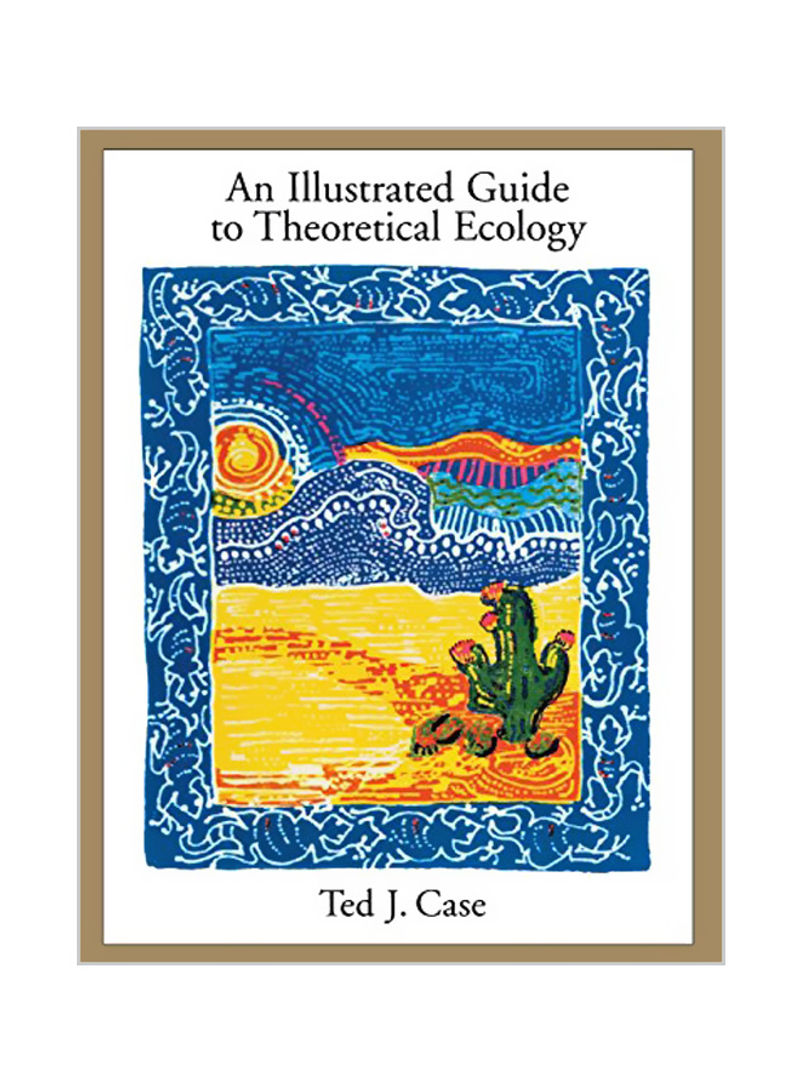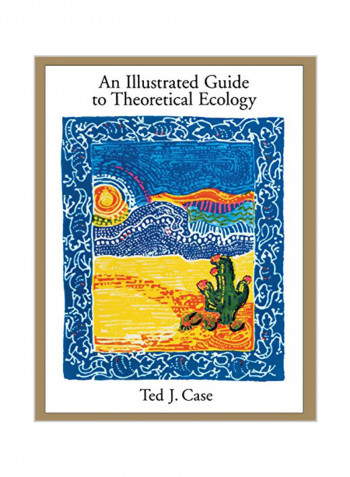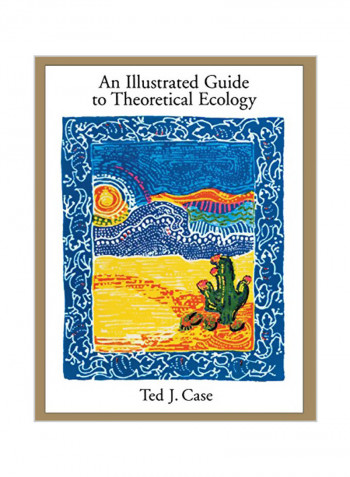An Illustrated Guide To Theoretical Ecology Paperback
Recommend
Sort by
Rating
Date
Specifications
Author 1
Ted J. Case
Book Description
Ecological principles are explained while introducing students to some of the mathematical techniques used to develop ecological models. The book builds models beginning with first principles, and then gently makes each formulation accessible to students through a step-by-step development of equations paired with lavish illustrations. Theoretical developments are then applied to practical issues in conservation to provie a more visceral understanding of the purpose and utility of the theory, where it might need modification to fit the real world and future directions. The book's great advantage is in its visual presentation of conceptual issues.
ISBN-13
9780195085129
Language
English
Publisher
Oxford University Press, USA
Publication Date
01-11-1999
Number of Pages
464
Editorial Review
"Really an excellent text; it supplies a thorough, biology-based introduction to ecological theory. I expect it will prove very useful for my course in population ecology for natural resource management students. The authors' explicit use of multiple modes of learning is refreshing."--Mark C. Andersen, New Mexico State University "A terrific resource. It is all the basic mathematical underpinnings of ecology that I spend hours trying to explain to students at all levels--explained better than I do it--PLUS the things that I have to review myself before opening my mouth on theoretical issues. Two levels of excellent diagrams give rigourous heuristic justifications for the algebraic formalism. I'm also recommending this highly to my colleagues as a supplement for all undergraduate coursees that even touch on theory, and as a main text for any heavily theoretical course."--Henry S. Horn, Princeton University "For many students of ecology, the more mathematical aspects of ecology theory are difficult, if not impossible, to penetrate. This book offers the best effort that I have seen to help remedy this situation. This is an attractive, large format book and, as the title suggests, is generously furnished with illustrations. The real strength is in the meticulous care with which Case covers virtually every important topic across a broad array of theoretical ecology, from single species to multispecies communities. The elements of demography are covered in great detail, but, at the same time, more advanced ideas, such as the effects of temporal and individual variability on population growth rate and probability of extinction, are woven into the text in a way that make them just as natural and easy to grasp." -- Donald DeAngelis, BioScience, Sept 2000, Vol. 50, No. 9



